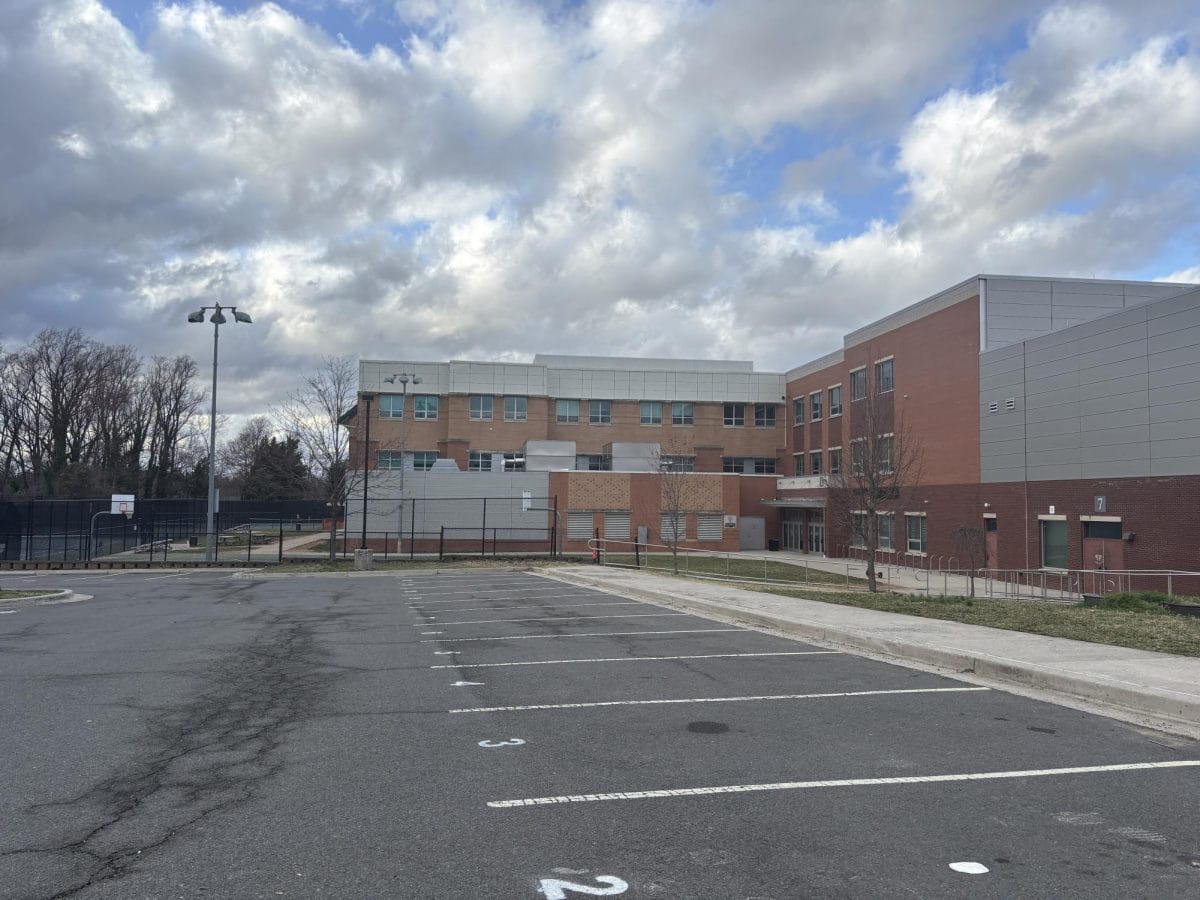Each winter, students are faced with the daunting task of filling out their Course Request Form (CRF). Advanced Placement (AP) classes crowd the sheet, pushing students to take more and more of these “rigorous, college-level” courses, as defined by the College Board. The saturation of AP classes in student’s schedules has become the norm at the school due to the competitive college application environment. The pressure surrounding these classes has led to a severe decrease in their academic difficulty. Their rigor should be returned to that of a true college-level course in order to act as they should: as challenging subjects for gifted students.
Typical college students take four or five courses per semester. Upperclassmen at our school, on the other hand, often take at least four, but up to seven AP classes per year. This means that many students take more college courses than actual university students do, making it unrealistic to think these classes are really as rigorous as they seem.
What makes this all possible is the fact that AP classes are incredibly different from actual courses offered in college. They often act as intensified courses do for underclassmen- options to fill a course load with slightly more difficult topics. Although there is more material than the respective non-AP class, it is generally just a challenging extension of the lower-level course. The main difference between intensified and AP classes is the end-of-course AP Exam.
In most places, these exams are paid for by the student, allowing them to select which tests they want to take. However, Arlington County pays for all students to take AP exams and requires them to show up to each one, regardless of whether they have an intention of passing. Although this is beneficial for lower income families, many Arlington residents do not need this fee-waiver. Additionally, this is wasteful because there is often no incentive for students to give their full effort on the test. Many students will merely write their name down and go to sleep, as this is the only requirement for the revered GPA boost that adds one point to a student’s final grade.
This boost is important for college applications since it drastically improves the numerical value of a student’s grade. This leads to increased pressure to take AP courses in order to get a leg up on the already competitive college application process. However, the truth is that most colleges only look at GPA in relation to your school. So, although Arlington students tend to take more AP’s, this is only seen in comparison to their peers, not students from other counties whose AP courses may have completely different standards.
One way to fix this grade inflation problem is to decrease the amount of AP’s that are offered. By getting rid of some courses, it would allow teachers to assign more work in each AP class, thereby making the workload more suitable for a college class. This would also take pressure off students when it comes time to take exams. Although this may seem harmful to the college application process, in truth it will not hurt any students. The comparative GPA system that college admission boards use means that if the entire school decreases the rate at which AP’s are taken, it would not hurt any one student individually.







































